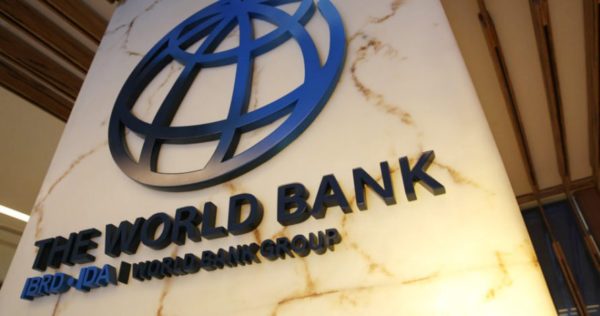
World Bank Economists : High Inflation, Others Threaten Buhari’s Poverty Reduction Plan
World Bank economists, Jonathan Lain and Jakob Engel, revealed that rising inflation, persistent population growth, the COVID-19 pandemic, and the war in Ukraine are threatening Nigeria’s aspirations toward poverty reduction.
These economists noted this in a post published on the bank’s blog that “Nigeria’s aspiration to lift all of its people out of poverty by 2030 presents a serious challenge. Even before COVID-19, four in 10 Nigerians lived below the national poverty line – some 80 million people.
“The global pandemic, rising inflation, and ongoing uncertainty related to the war in Ukraine – combined with relentless population growth – have made Nigeria’s poverty-reduction goals more challenging than ever.”
Also Read: FG Approves Construction of Nigeria-Morocco Gas Pipeline
President Muhammadu Buhari (retd.) inaugurated the National Poverty Reduction with Growth Strategy National Steering Committee in June last year, chaired by Vice President Yemi Osinbajo.
This, according to him was to re-emphasise his commitment to lifting 100 million Nigerians out of poverty in 10 years, with a well-researched framework for implementation and funding.
The president was quoted in a statement by the Special Adviser to the President on Media and Publicity, Femi Adesina, as saying, “If India can lift 271 million people out of poverty between 2006 and 2016, Nigeria can surely lift 100 million out of poverty in 10 years. Fortunately, we have already started but we need to unlock the challenges of slow implementation, inappropriate targeting and absence of adequate resources.”
In October last year, the World Bank Lead Economist for the Middle East and North Africa region’s Poverty Reduction and Economic Management Group, Tara Vishwanath, described the goal of the Nigerian President to lift 100 million Nigerians out of poverty in 10 years as ambitious.
She says the ambitious goal could only be feasible if certain swift policies were put in place to provide opportunities in the labour market and boost investors’ confidence.
In its ‘A Better Future for All Nigerians: 2022 Nigeria Poverty Assessment’ report, the World Bank said that poverty reduction stagnated since 2015, with more Nigerians falling below the poverty line over the years.
